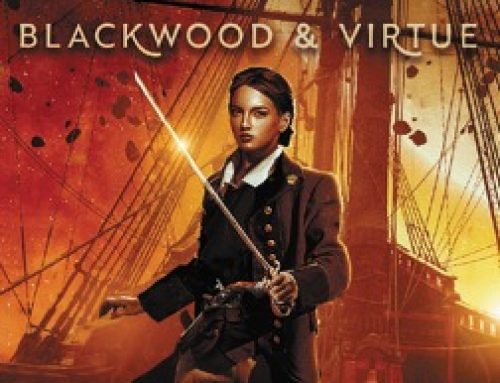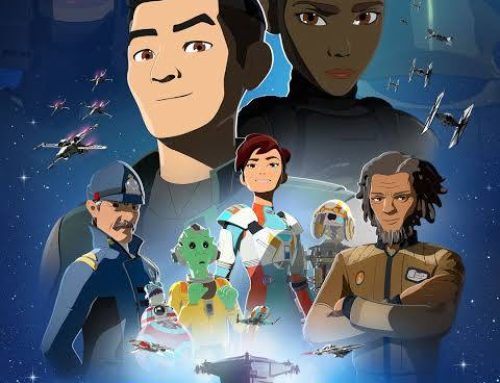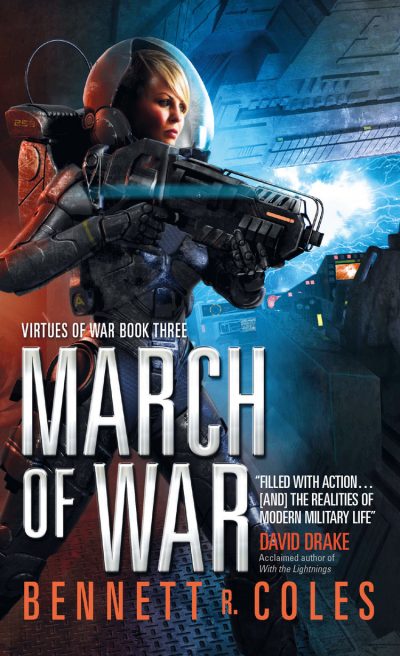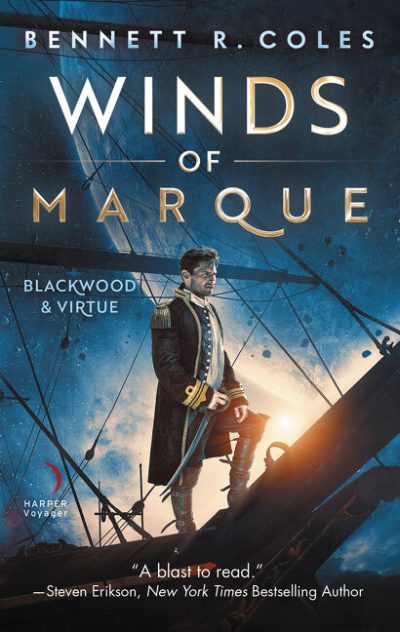Science Fiction and Why It’s Great – Part 1
In our popular culture, there are some things that never seem to go out of fashion, and some things that never seem to come into fashion. No matter the excesses or bad behaviour of professional athletes, for example, pro sport is always going to be hot. Same for designer clothing. And so, apparently, reality TV. Science fiction, on the other hand, is marginalized and mocked, and in this series of blogs I’d like to set the record straight. I’m going to talk about science fiction, and why it’s great.
For starters, I humbly ask that you forget the stereotypes and occasional absurdities that are associated with the genre. Like most things, SF has its fringe of, shall we say, over-enthusiasts (kind of like what pro wrestling is to pro sport). What I’d like to do is explore the core of SF – what makes it what it is.
Paradoxically, one of the most important qualities of SF is going to make it a little hard to define: it’s all-inclusive. SF is a very big canvas, with a huge scope of subject matter, philosophy, themes and styles. There really doesn’t seem to be much in common between a gritty, hard science, present-day biology thriller like Greg Bear’s novel Darwin’s Radio, and a glossy, action-packed special effects-loaded space adventure like Paul Verhoeven’s film Starship Troopers. (Or, for that matter, between Starship Troopers the film, and the 1959 Robert Heinlein novel of the same name.) But though they may seem unrelated, they easily fall within the classification of science fiction. Why?
Perhaps the most fundamental quality which any SF creation must have is a sense of wonder – a sense that there is something else out to discover, even if we ultimately can’t understand it. This can be an overt theme, as in Arthur C. Clarke’s 2001: A Space Odyssey, or it can be an underlying menace, as in Ridley Scott’s Alien. This quest for knowledge and understanding has been a driving force in humans throughout history: its appeal, captured so well by SF, is nearly universal. And because this quality is so widespread, there’s really no limit to what can be included within the SF genre.
The common sub-genres cover a huge range of topics: hard SF, where no laws of physics are broken and the story is often about the science itself; alien contact SF, where either the aliens come to us or we go to them; world disaster SF, where science must save humanity from impending doom; military SF, where some sort of advanced weaponry is involved and the story is usually about the soldiers; time travel; alternate worlds; mutants/clones/artificial life… The list goes on and on.
And finally there is space opera SF, which simply takes real life and puts it amongst the stars. Space opera is one of the most derided forms of SF, but there are brilliant examples of it, such as Joss Whedon’s Firefly, where real world, modern themes are explored in a fantastic setting. In many ways space opera captures the fundamental essence of SF the best, because it adds that essential sense of wonder by creating an imaginary place in which real, human drama can take place.
So that’s the first reason why science fiction is great: it has something for everyone. If you don’t like spaceships, try an alternate history novel like Harry Turtledove’s How Few Remain, where the Confederate States of America won the US Civil War. If you’re interested in exploring the long-term effects of disaster on individuals and society, pick up the TV series Battlestar Galactica (the 21st Century one, not the 1970s cheese-fest). If you want to be scared silly, watch the movie Event Horizon. And if you just want to switch your brain off for an evening, cosy up with Judge Dredd.
I don’t know if being inclusive can make science fiction into a hot commodity, but it sure makes it something worthwhile.







Excellent commentary! You’ve hit the nail right on the head here – it’s as simple as the sense of wonder. I’ve always loved SF because of exactly that, whether it’s hopeful or dreadful.
Hi Scott – thanks so much for the note.